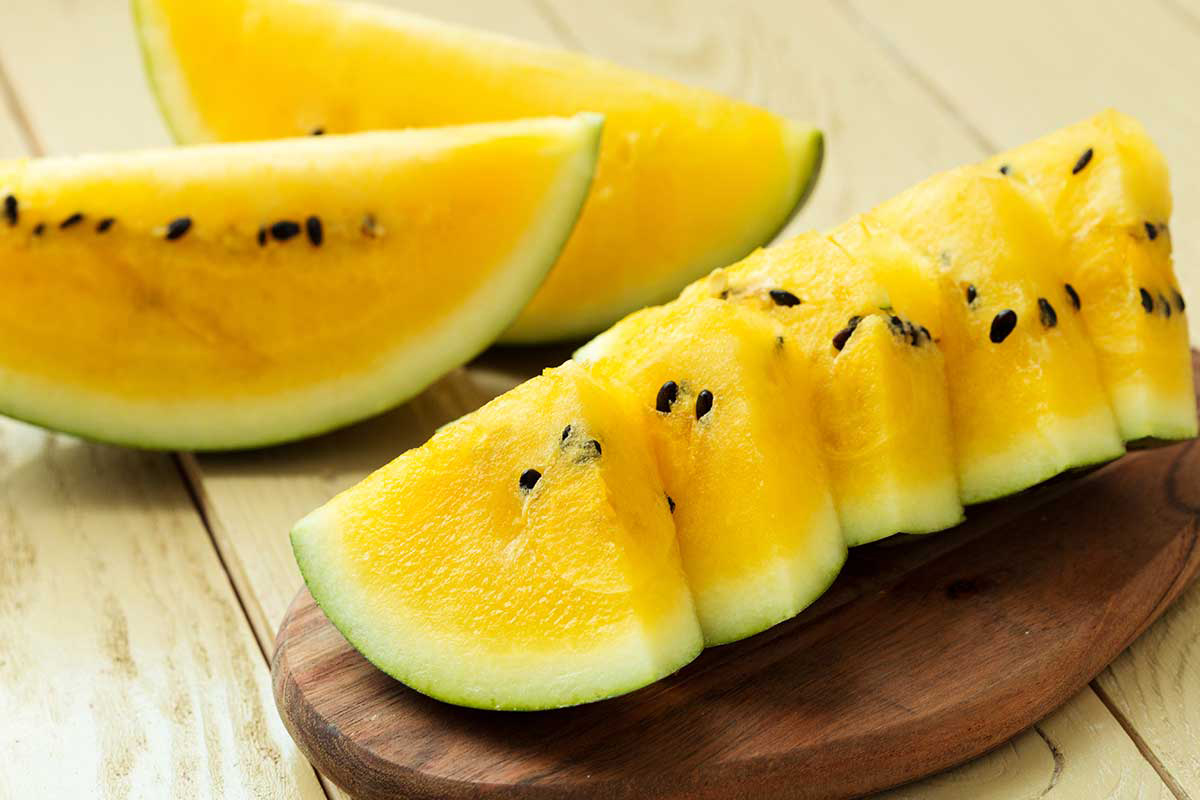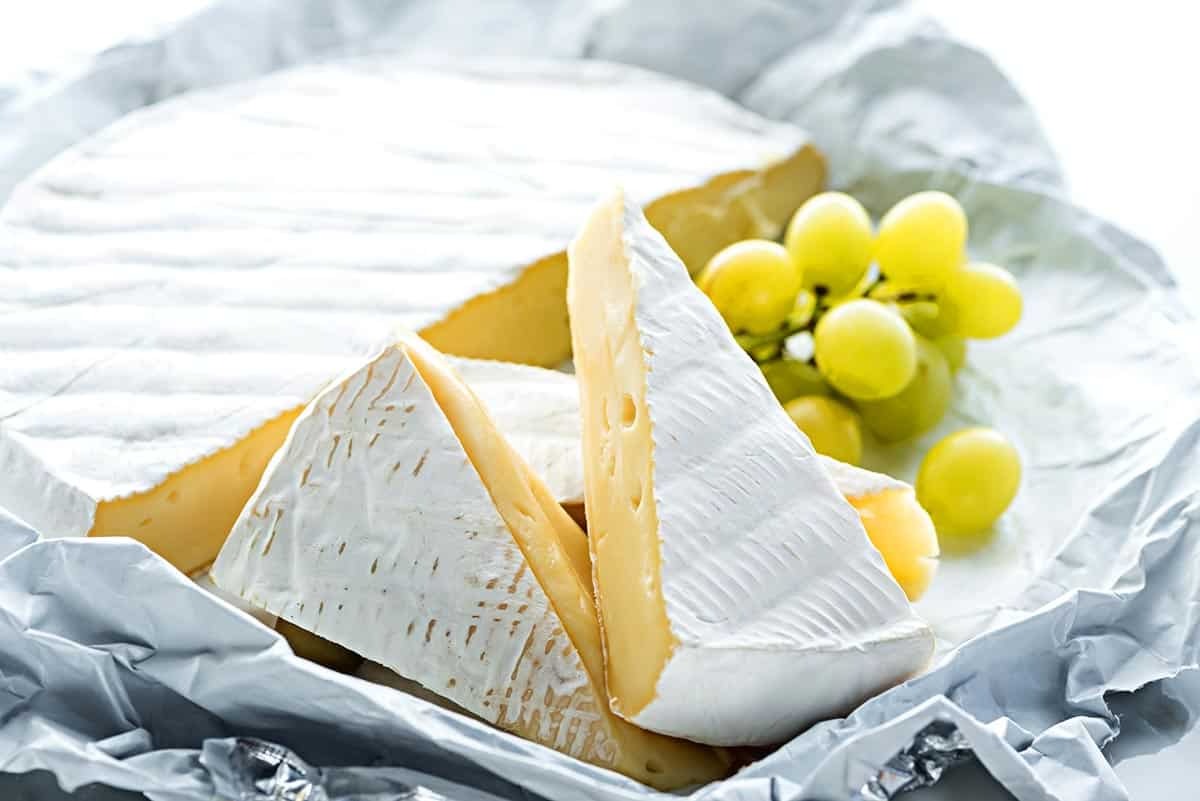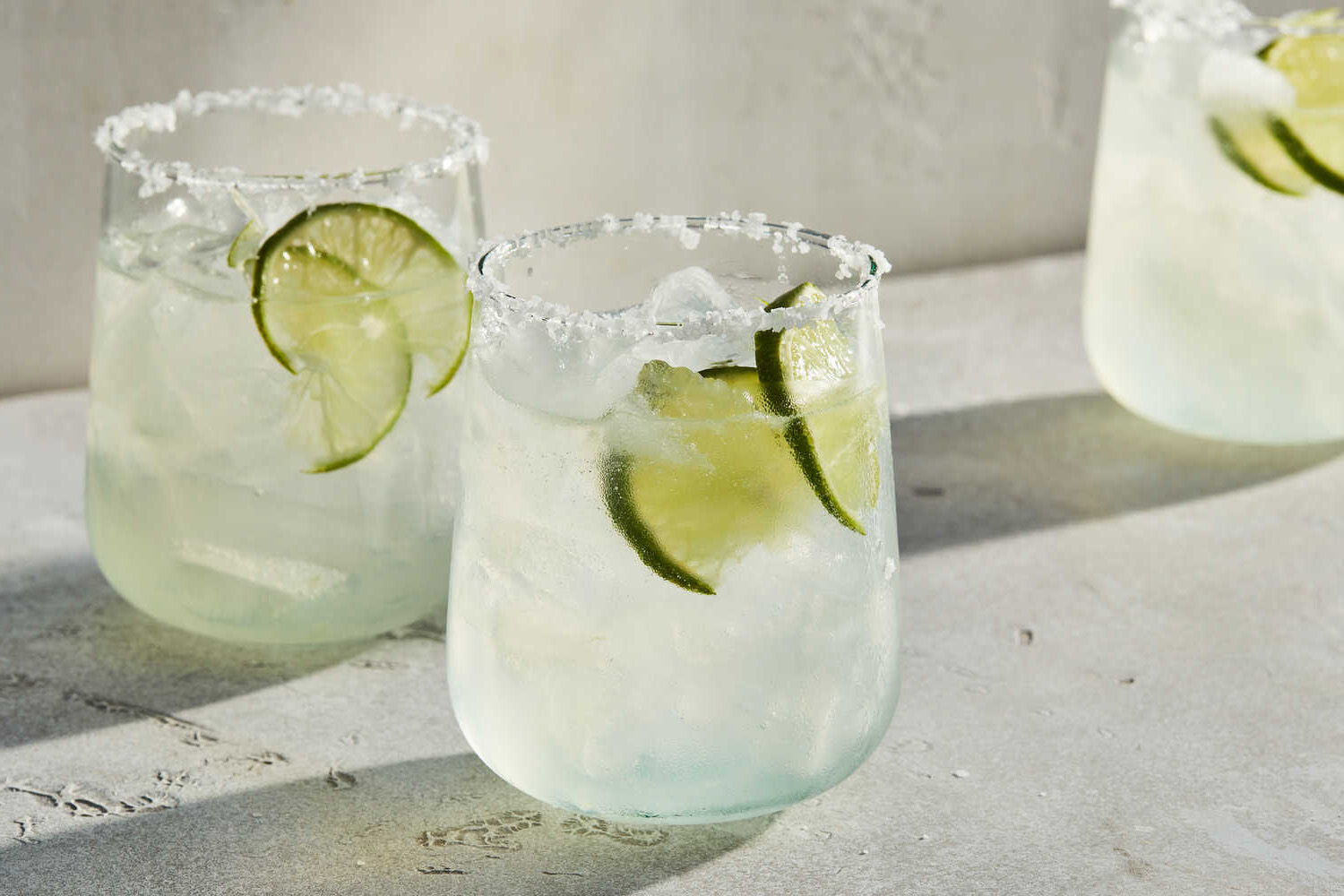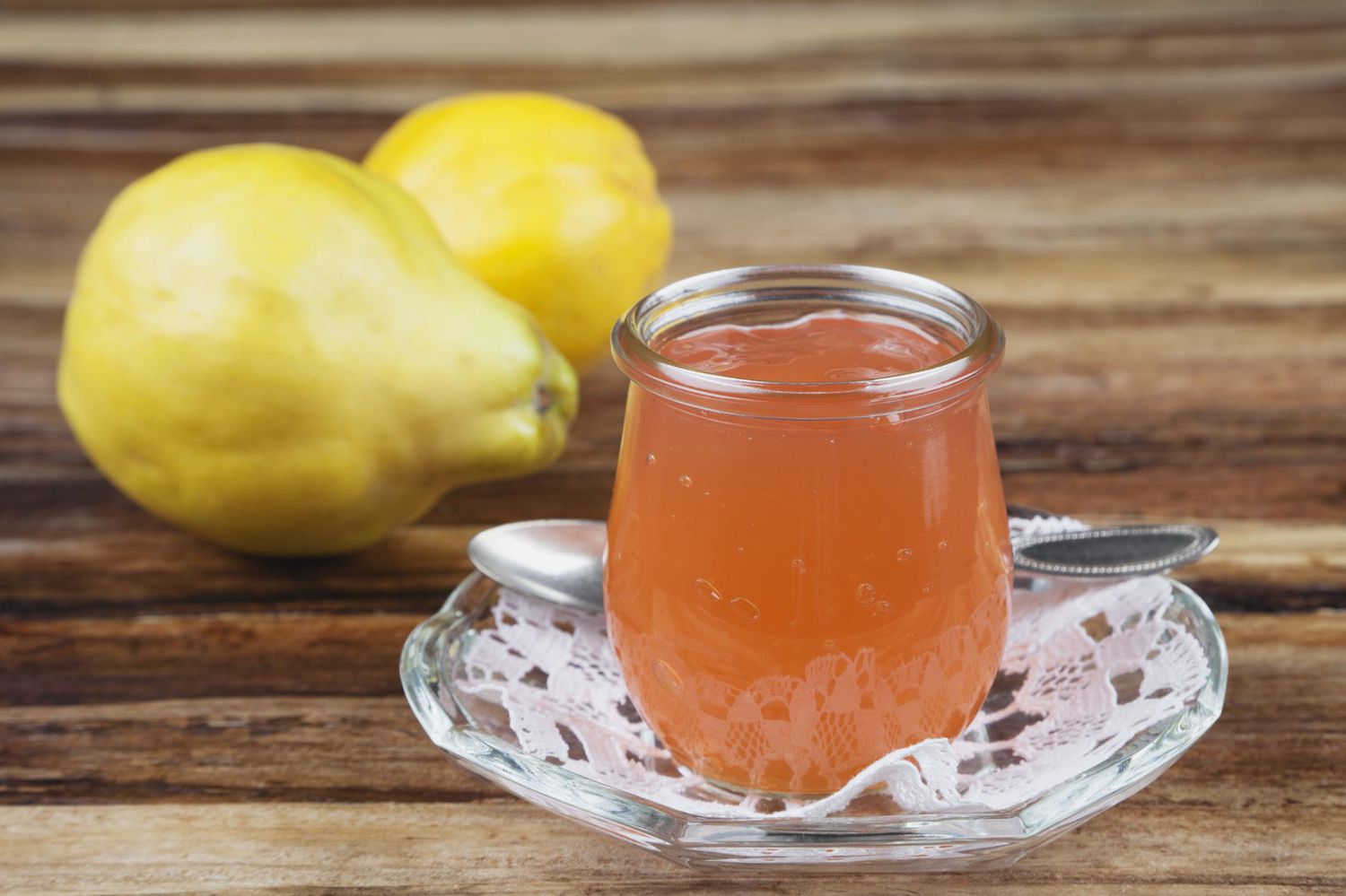The Battle of the Salts: Kosher Salt vs Sea Salt
When it comes to seasoning your food, salt is a crucial ingredient that can make or break a dish. However, with so many different types of salt available, it can be confusing to know which one to use. Two popular options are kosher salt and sea salt, but what exactly sets them apart? Let’s dive into the differences between these two types of salt to help you make an informed decision for your next culinary creation.
Kosher Salt
Kosher salt is a coarse-grained salt that is commonly used in the process of koshering meat, which involves drawing out blood to make the meat kosher. This type of salt is free of any additives and typically has a flaky texture. It is called “kosher” not because it is made according to kosher guidelines, but because it is used in the koshering process.
- Kosher salt has a larger grain size compared to table salt, making it easier to pinch and sprinkle evenly over food.
- It dissolves quickly, making it a great option for brining and curing meats.
- It is less dense than table salt, so a pinch of kosher salt will contain less sodium than a pinch of table salt.
Sea Salt
Sea salt is produced through the evaporation of seawater and comes in a variety of textures and colors, depending on where it is harvested. It can be fine or coarse, and it is often praised for its natural and unprocessed qualities.
- Sea salt contains minerals such as magnesium, calcium, and potassium, which can give it a slightly different flavor compared to kosher salt.
- It is available in different coarseness levels, allowing for more control over the intensity of the saltiness it adds to dishes.
- Some chefs prefer sea salt for finishing dishes, as its larger crystals can provide a satisfying crunch and burst of flavor.
Key Differences
While both kosher salt and sea salt serve the same basic purpose of enhancing the flavor of food, there are some key differences between the two:
- Texture: Kosher salt has a coarser texture, while sea salt can vary in texture from fine to coarse.
- Mineral Content: Sea salt contains a higher mineral content, which can impact its flavor and color.
- Usage: Kosher salt is often used in the koshering process and is favored for its ability to draw out moisture from food, while sea salt is popular for its natural and unprocessed qualities.
Which One Should You Use?
Ultimately, the choice between kosher salt and sea salt comes down to personal preference and the specific dish you are preparing. If you are looking for a salt to use during the cooking process or for baking, kosher salt’s fine texture and ability to dissolve quickly make it a practical choice. On the other hand, if you want to add a finishing touch to your dish or enjoy the unique flavors and textures of different types of sea salt, then sea salt may be the way to go.
Whichever salt you choose, it’s important to use it in moderation to avoid over-seasoning your food. Experimenting with different types of salt can also add an extra layer of complexity to your culinary creations, so don’t be afraid to explore and find the perfect salt for your palate.
So, the next time you reach for the salt in your kitchen, consider the differences between kosher salt and sea salt to elevate your cooking to the next level.
Was this page helpful?
Read Next: What Is Frogmore Stew











